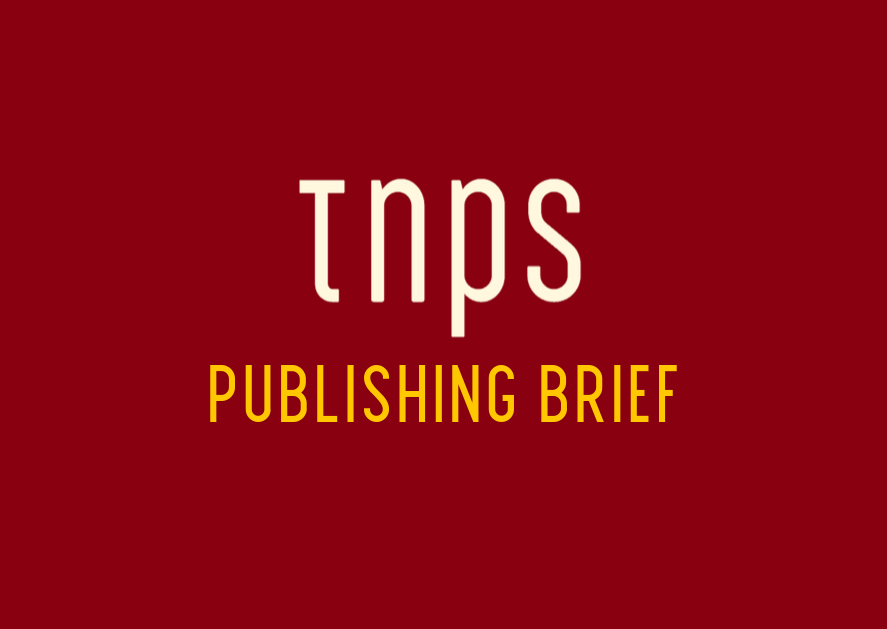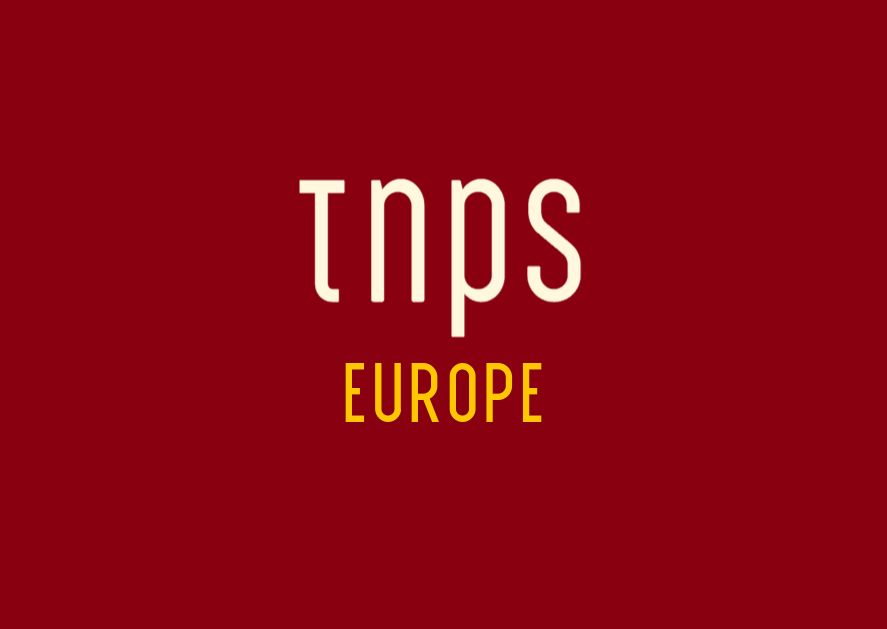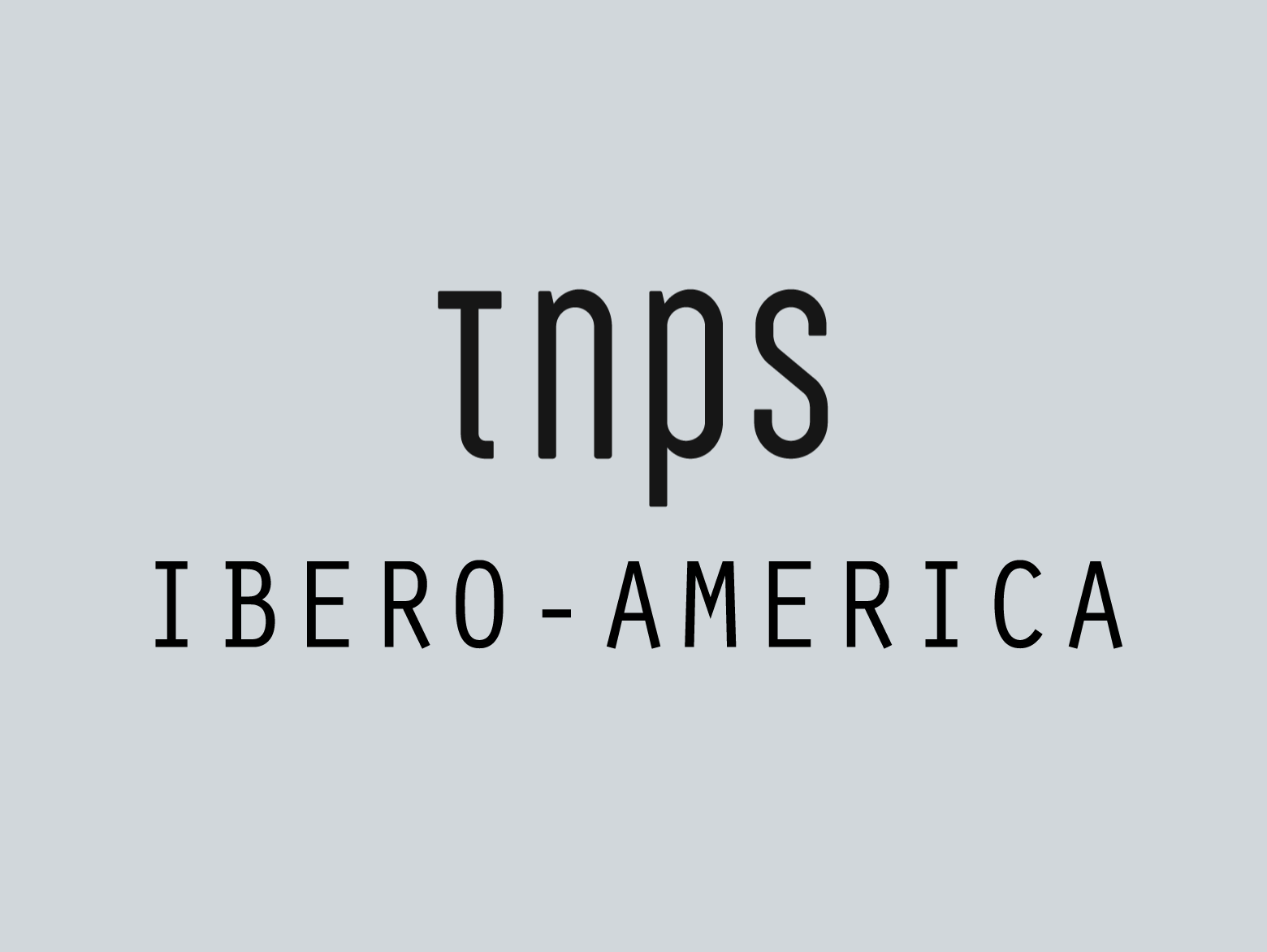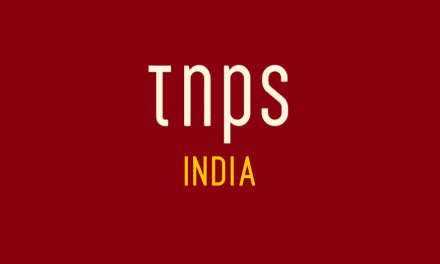“The fair used to be about publishers talking to publishers. Now I sense it is others who are interested in publishing: the publishing services vendors; the digital businesses; AI (of course); logistics firms; other media.“
Not much to disagree with in Richard Charkin’s must-read Day 2 report from the Buchmesse for Publishing Perspectives.
It’s Charkin’s 51st attendance, and as usual a mixture of purely personal perspectives (Frankfurt architecture) to insightful observations about the publishing industry.
On architecture: “How can a country whose designers have created Porsche, Mercedes, BMW, Hugo Boss, the Autobahn, Bauhaus, and many other beautiful objects allow these monstrosities in one of their most affluent cities?“
On the fair itself, Charkin tells us: “The most noticeable change has been the huge reduction in the number of commissioning editors in a position to acquire translation rights from foreign publishers. And it makes one wonder who rights sellers are actually selling to. Of course, much of their previous activity has been cannibalized by literary agents whose numbers have burgeoned. But…
“The fair used to be about publishers talking to publishers. We were interested in each other’s lists and marketing tricks, and new production developments. Now I sense it is others who are interested in publishing: the publishing services vendors; the digital businesses; AI (of course); logistics firms; other media.
“Publishing is broadening its scope, being embraced by new and sometimes scary newcomers but still managing to keep its identity. Speaking of which, brand identity.”
Charkin talks of the industry’s watering down of publishing brand identity at a time when it should be looking to strengthen those brands. Penguin, Oxford, and Scholastic, these are the exceptions, says Charkin.
“And publishers themselves don’t help by manufacturing brands—imprints—at an ever-increasing rate and complicating things further by appending country origins, as in Simon & Schuster UK, which almost by definition labels the company’s ownership as not British, and which downgrades the one clear and important phrase, Simon & Schuster.“
Read the full essay at Publishing Perspectives.





